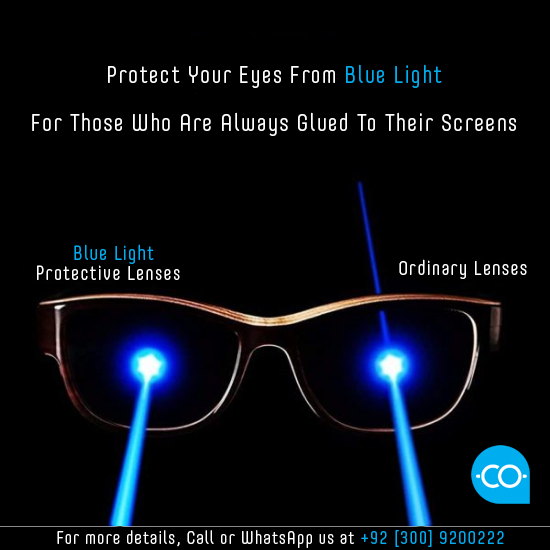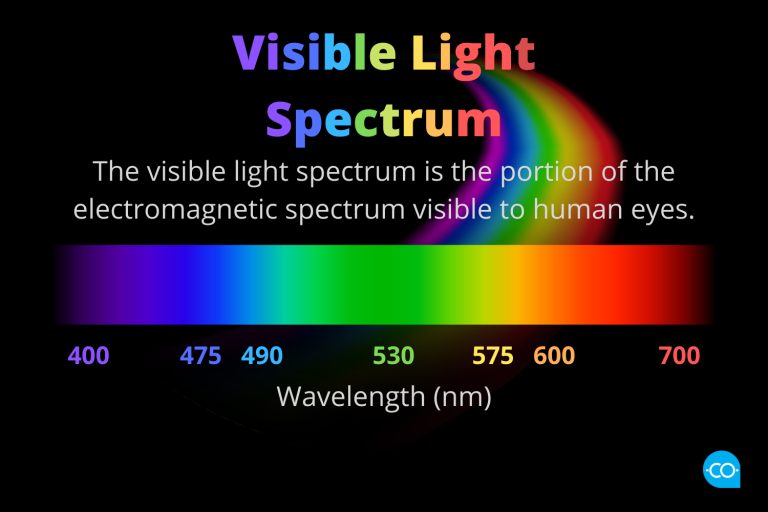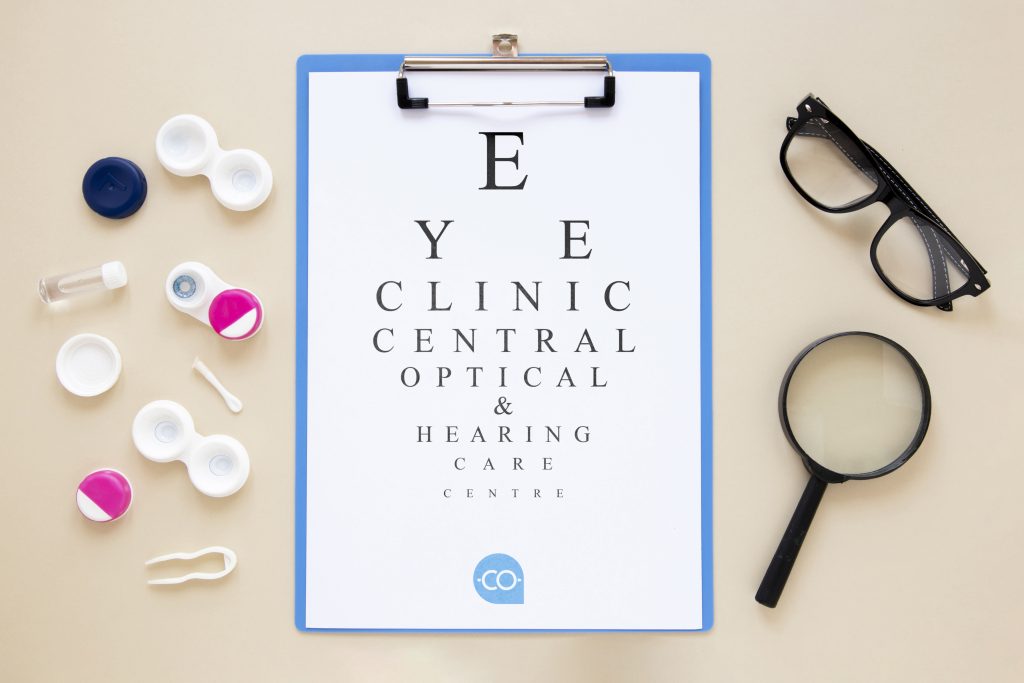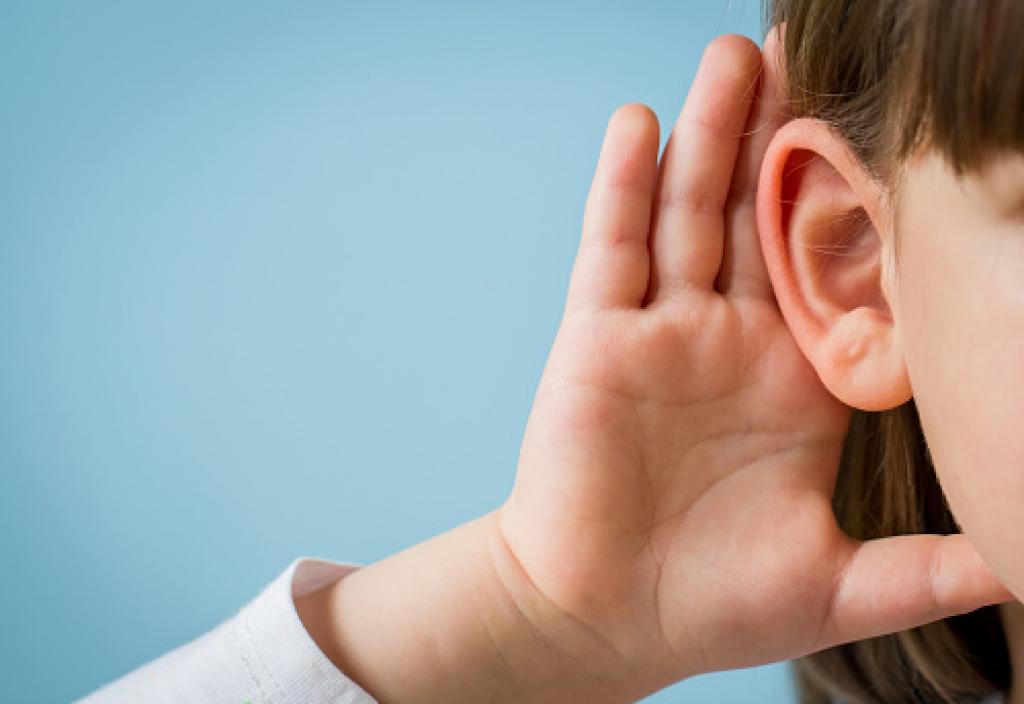Excessive use of laptop, LEDs, Mobile Phone and other screens? The dilemma of the 21st Century
Screen Time, Blue light and Our Vision
Myths VS Reality...
Understanding the Effects of Excessive Screen Time and Blue Light on Vision: Protecting Your Eyes from Potential Risks
Screen Time
Excessive screen time can have several effects on our eyesight and vision. Here are some ways it can impact our eyes:
- Eye Strain: Staring at screens for prolonged periods can cause eye strain or computer vision syndrome. Symptoms include dry eyes, blurred vision, headaches, and neck and shoulder pain.
- Digital Eye Fatigue: The constant focus and refocusing required when looking at screens can lead to digital eye fatigue. This can cause tired, achy eyes, difficulty focusing, and increased sensitivity to light.
- Dry Eyes: People tend to blink less frequently when using screens, which can result in dry eyes. The reduced blinking reduces tear production, leading to dryness, itching, and irritation.
- Blue Light Exposure: Screens emit blue light, which can affect our sleep patterns and cause eye discomfort. Prolonged exposure to blue light may contribute to eye strain and macular degeneration over time.
- Reduced Blinking: As mentioned earlier, screen use often reduces the frequency of blinking. Regular blinking is essential for moistening the eyes, and when it decreases, it can lead to dryness and discomfort.
To minimize the negative effects of screen time on your eyes:
- Follow the 20-20-20 rule: Every 20 minutes, take a 20-second break and focus on something at least 20 feet away.
- Adjust screen settings: Optimize the display settings on your devices to reduce eye strain, such as adjusting brightness, contrast, and font size.
- Use proper lighting: Ensure that the lighting around your screen is adequate to avoid excessive contrast between the screen and the surrounding environment.
- Take regular breaks: Give your eyes regular breaks from screen time. Engage in activities that don’t require intense visual focus, such as stretching, walking, or looking at distant objects.
- Position your screen correctly: Maintain a comfortable viewing distance (around 20-24 inches) and ensure the top of the screen is at or slightly below eye level.
- Consider blue light filters and blue light Protective Glasses: You can use blue light filters or blue light-blocking glasses to reduce the amount of blue light reaching your eyes and retina.
Excessive screen time refers to spending an excessive amount of time engaged in activities that involve looking at digital screens, such as smartphones, tablets, computers, televisions, and other electronic devices. It implies spending a significant portion of the day or prolonged periods in front of screens, often beyond what is considered healthy or balanced for overall well-being. The exact threshold for what constitutes excessive screen time can vary depending on individual circumstances and recommendations from health professionals.
Remember, everyone's eyes are different, so if you experience persistent discomfort or vision problems, it's important to consult with Us at Central Optical or your eye care professional for a comprehensive examination and personalized advice.
THE BLUE LIGHT!!!
Good or Bad???
Should I really worry???
Blue light is a type of light with a relatively short wavelength and high energy. It is a component of the visible light spectrum, and it is emitted by the sun, as well as various artificial sources such as electronic devices, LED lights, and fluorescent bulbs. Blue light has both beneficial and potentially harmful effects on our bodies, particularly on our eyes and sleep patterns.

Here are some key points about blue light exposure:
- Effects on the Eyes: Blue light has the potential to penetrate deep into the eye, reaching the retina. Prolonged and intense exposure to blue light may increase the risk of certain eye conditions, such as age-related macular degeneration (AMD). AMD is a progressive eye disease that can cause vision loss over time.
- Sleep Disruption: Blue light plays a significant role in regulating our sleep-wake cycle, also known as the circadian rhythm. Exposure to blue light, especially in the evening or nighttime, can suppress the production of melatonin, a hormone that helps regulate sleep. This can lead to difficulties falling asleep and disrupted sleep patterns.
- Eye Strain and Discomfort: Blue light emitted by digital screens can contribute to eye strain and discomfort, particularly when staring at screens for extended periods. It can cause symptoms such as dry eyes, blurred vision, and eye fatigue.
- Potential for Digital Eye Fatigue: The constant refocusing and high visual demand associated with digital screens can contribute to digital eye fatigue. This condition can cause eye discomfort, difficulty focusing, headaches, and increased sensitivity to light.
5. Protective Mechanisms: The human eye has natural protective mechanisms against blue light. The cornea and lens of the eye help filter out a portion of blue light, while the eyelids and tears provide some protection against dryness and irritation.
To mitigate the potential negative effects of blue light exposure:
- Reduce Screen Time: Minimize the amount of time spent in front of screens, especially in the hours leading up to bedtime.
- Use Blue Light Filters: Many electronic devices offer built-in blue light filters or night mode settings that reduce the amount of blue light emitted. Additionally, there are software applications and screen protectors available that can filter out or block blue light.
- Blue Light-Blocking Glasses: Specialized glasses with blue light-blocking lenses can help reduce the amount of blue light reaching your eyes. These glasses can be particularly useful for individuals who spend significant time in front of screens.
- Optimize Lighting: Ensure that the lighting in your environment is appropriate. Use warm, dim lighting in the evening to signal to your body that it’s time to wind down and prepare for sleep.
- Take Regular Breaks: Practice the 20-20-20 rule by taking regular breaks from screen time. Every 20 minutes, look away from the screen and focus on an object about 20 feet away for at least 20 seconds.
the high-energy level, blue light penetrates through our eye’s cornea and lens and slowly deteriorates the back of our eye’s retina and macula. This results in gradual oxidation and macular deterioration over the course of a lifetime.
While it is important to be mindful of blue light exposure, it's also worth noting that not all blue light is harmful. Blue light during the daytime helps regulate our natural sleep-wake cycle, boosts mood, and enhances cognitive performance. It is primarily excessive and prolonged exposure to blue light, especially during nighttime hours, that poses potential risks.
Blue Light Blocking Glasses.
The Advantages and the Disadvantages...
DIY... Decide it Yourself!!!
Blue light blocking glasses are specially designed eyewear that helps reduce the amount of blue light reaching your eyes. They feature lenses with a special coating or tint that selectively filters out a portion of blue light emitted by digital screens and other artificial light sources.

Here’s a detailed explanation of blue light blocking glasses:
- Function: Blue light blocking glasses work by absorbing or reflecting a specific range of blue light wavelengths. The lenses are designed to block or filter out a portion of blue light, while still allowing other visible light to pass through. This helps reduce the exposure of your eyes to potentially harmful blue light.
- Blue Light Spectrum: Blue light is a component of the visible light spectrum and has a shorter wavelength and higher energy than other colors of light. The portion of blue light that is most concerning in terms of potential eye health effects is the high-energy, short-wavelength blue-violet light.

Types of Blue Light Blocking Glasses:
- Tinted Glasses: Some blue light blocking glasses have a yellow or amber tint. These glasses filter out a portion of blue light, especially in the high-energy blue-violet range. The tint helps enhance contrast and reduce visual strain, particularly in low-light conditions.
- Clear Glasses with Coating: Another type of blue light blocking glasses has a clear lens with a special coating that selectively filters out blue light. The coating contains materials that block or absorb specific wavelengths of blue light.
- Prescription Blue Light Glasses: Blue light blocking glasses are also available in prescription form. These glasses not only correct your vision but also incorporate the blue light blocking properties into the lenses.
Advantages of Blue Light Blocking Glasses:
- Reduced Eye Strain: Blue light blocking glasses can help alleviate eye strain and discomfort caused by prolonged screen use. By reducing the amount of blue light entering your eyes, they can minimize the strain on your eye muscles and promote more comfortable vision.
- Improved Sleep: Wearing blue light blocking glasses in the evening or before bedtime can help regulate your circadian rhythm and improve sleep quality. By reducing exposure to blue light, which can suppress melatonin production, these glasses can signal to your body that it’s time to wind down and prepare for sleep.
- Potential Eye Health Protection: While more research is needed, some studies suggest that blue light blocking glasses might offer protective benefits for long-term eye health. By reducing exposure to high-energy blue light, they may help lower the risk of eye conditions such as age-related macular degeneration (AMD) and digital eye strain.
disadvantages of Blue Light Blocking Glasses:
While blue light blocking glasses offer several benefits, it’s important to consider potential disadvantages as well. Here are a few factors to keep in mind:
- Color Distortion: Some blue light blocking glasses, particularly those with yellow or amber tints, can alter color perception. Colors may appear slightly different when wearing these glasses, which could be a concern for tasks that require accurate color representation, such as graphic design or certain professional settings. Clear blue light blocking glasses with a special coating are designed to minimize color distortion.
- Sleep-Wake Cycle Disruption: Blue light exposure during the day is essential for regulating our sleep-wake cycle. While wearing blue light blocking glasses in the evening can help improve sleep quality, wearing them during the day may disrupt the natural balance of light cues that our body needs for alertness and wakefulness. It’s important to use blue light blocking glasses strategically and only during appropriate times.
- Reduced Light Transmission: Blue light blocking glasses filter out a portion of blue light, which means they also reduce the overall amount of light entering your eyes. This reduced light transmission may cause the visual environment to appear dimmer or darker, particularly in low-light conditions. It’s essential to ensure that you have sufficient lighting for tasks that require good visual clarity.
- Potential Adaptation Issues: Some individuals may experience an adjustment period when first using blue light blocking glasses. Initially, they might find it unusual to see the world through tinted lenses or experience slight discomfort. However, most people adapt to the glasses quickly, and any initial concerns tend to diminish with time.
- Specific Eye Conditions: Blue light blocking glasses may not be suitable for everyone, especially those with certain eye conditions or sensitivities. If you have specific eye health concerns or are undergoing treatment for a particular condition, it’s essential to consult with an eye care professional before using blue light blocking glasses.
Overall, the disadvantages of blue light blocking glasses are relatively minimal compared to the potential benefits they offer. However, it's crucial to use them judiciously and consider personal preferences and specific requirements when choosing and using these glasses. If you have any concerns or questions, consulting with an eye care professional can provide tailored guidance based on your individual needs.
Blue Light Blocking Glasses price in Karachi
Blue Light Blocking Glasses in Pakistan
Blue Light Blocking Glasses price in Pakistan
Choosing Blue Light Blocking Glasses:
Quality: Look for blue light blocking glasses that are of high quality and provide effective protection. Opt for reputable brands or consult with Central Optical for recommendations.
Coverage: Ensure that the glasses provide sufficient coverage to block blue light effectively. Glasses that wrap around your eyes or have larger lenses are often more effective in preventing peripheral blue light from entering your eyes.
Personal Comfort: Select glasses that fit comfortably and suit your personal preferences. Consider factors such as frame style, weight, and fit to ensure that you’ll wear them regularly.
Where to buy Blue Light Blocking Glasses in Pakistan?
At Central Optical, we take pride in providing you with the highest quality blue light protective glasses from renowned international brands like Nikon, Essilor, and more. Our collection offers a wide range of custom-made options, ensuring that your glasses are tailored to suit your personal needs and style. You can choose from a variety of stylish eyewear options, allowing you to express your individuality while protecting your eyes. We strive to offer these premium products at the most economical prices, making eye health and comfort accessible to everyone.
If you have any further inquiries or require additional information, our team at Central Optical is readily available to assist you. Please feel free to contact us at +92 [300] 9200222, and our knowledgeable staff will be happy to answer your questions and provide personalized guidance.



